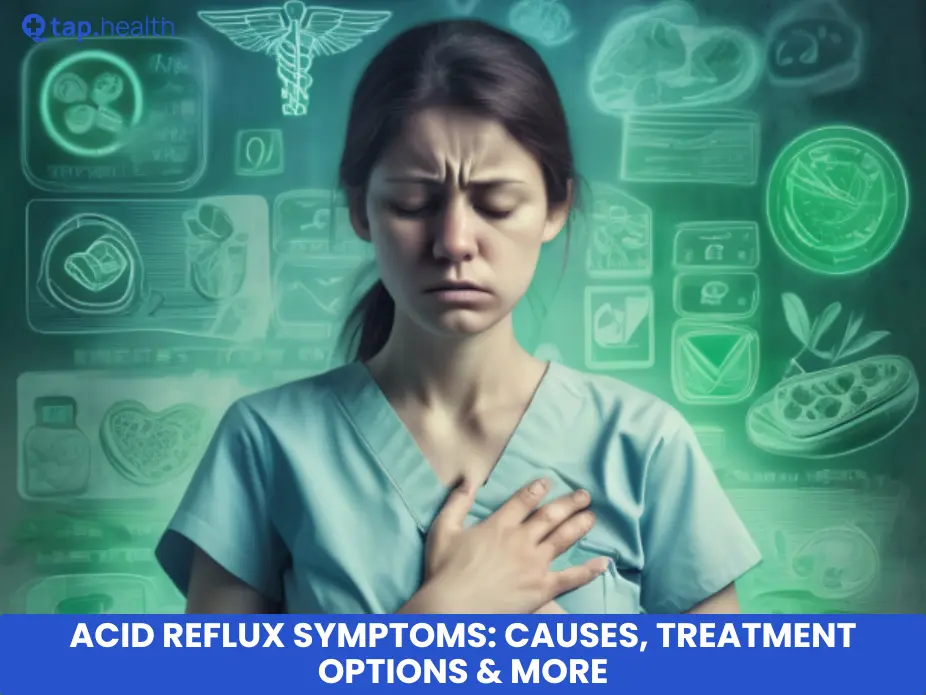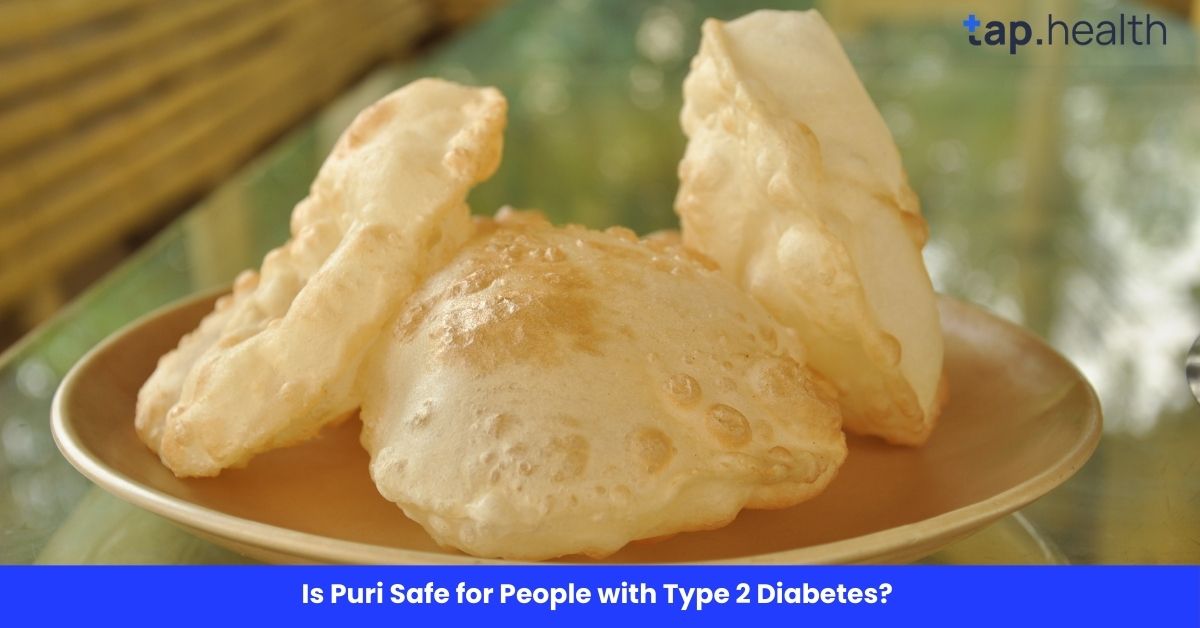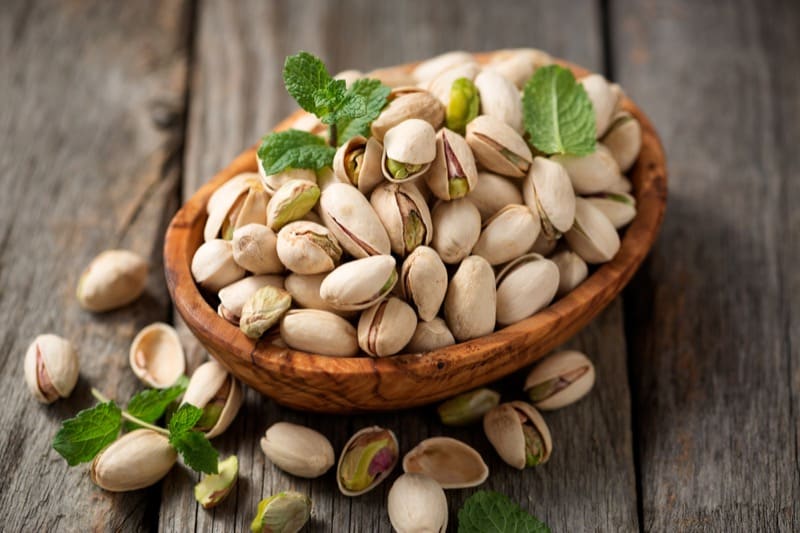Acid reflux and GERD (Gastroesophageal Reflux Disease) are common digestive disorders that many people experience. Understanding these conditions can help in managing symptoms and improving quality of life. Let’s dive into what acid reflux and GERD are, their symptoms, causes, risk factors, diagnosis, treatment, and some helpful home remedies.
What is Acid Reflux?
Acid reflux occurs when stomach acid flows back into the esophagus, the tube connecting your throat and stomach. This backwash of acid can irritate the lining of your esophagus, causing discomfort and a burning sensation known as heartburn. Occasional acid reflux is common and usually not a cause for concern. However, if it happens frequently, it can lead to GERD.
What is GERD?
GERD, or Gastroesophageal Reflux Disease, is a more severe form of acid reflux. It’s diagnosed when acid reflux occurs more than twice a week or causes inflammation in the esophagus. GERD can lead to more serious health issues if not managed properly, such as esophagitis, Barrett’s esophagus, and an increased risk of esophageal cancer.
What are the Symptoms of Acid Reflux & GERD?
The symptoms of acid reflux and GERD can vary but often overlap. Recognizing these symptoms early can help in seeking appropriate treatment.
Heartburn
Heartburn is a burning pain or discomfort that can move from your stomach to your abdomen, chest, or even up into your throat. It usually occurs after eating and can last for several hours. Heartburn is often worse at night or when lying down or bending over. The intensity and frequency of heartburn can vary from person to person, but it is a hallmark symptom of acid reflux and GERD.
Regurgitation
Regurgitation is the sensation of acid backing up into your throat or mouth, causing a sour or bitter taste. This can happen at any time, especially after eating or when lying down. It often leaves a burning sensation in the throat and can lead to coughing or choking. Regurgitation is a common symptom that distinguishes GERD from occasional acid reflux, indicating that stomach contents are frequently entering the esophagus.
Dysphagia
Dysphagia, or difficulty swallowing, can occur due to the narrowing of the esophagus from chronic acid exposure. This symptom can make it feel like food is stuck in your throat or chest. Dysphagia can be painful and is a serious symptom that requires medical attention. It can lead to weight loss and nutritional deficiencies if not properly managed.
Chronic Cough
A persistent cough not related to any other illness can be a symptom of GERD. The acid irritating the lining of the esophagus can trigger a reflex that causes coughing. This cough is typically dry and can be worse at night. Chronic cough is often overlooked as a symptom of GERD, but it can be a significant indicator, especially if it is accompanied by other symptoms like heartburn or regurgitation.
Chest Pain
Sharp or burning chest pain can be a symptom of GERD, though it is important to differentiate it from heart-related issues. This pain is often mistaken for a heart attack because of its location. Other symptoms of acid reflux typically accompany GERD-related chest pain and is usually triggered by eating or lying down. If you experience chest pain, it’s crucial to seek medical advice to rule out cardiac issues.
What are the Causes of Acid Reflux & GERD?
Understanding what causes acid reflux and GERD can help manage and prevent these conditions.
Weak Lower Esophageal Sphincter (LES)
The LES is a muscle at the bottom of the esophagus that acts as a valve between the esophagus and the stomach. When it’s weak or relaxes inappropriately, stomach acid can flow back into the esophagus.
Hiatal Hernia
A condition where part of the stomach pushes up through the diaphragm into the chest cavity, affecting the function of the LES.
Obesity
Excess body weight can put pressure on the stomach, forcing acid into the esophagus.
Pregnancy
Hormonal changes and pressure on the stomach from the growing fetus can lead to acid reflux.
Certain Medications
Some medications, like aspirin, ibuprofen, muscle relaxers, and certain blood pressure drugs, can cause acid reflux.
Risk Factors of Acid Reflux
Several factors can increase the risk of developing acid reflux or GERD. Being aware of these risk factors can help you take preventive measures to reduce your chances of experiencing these conditions.
1. Smoking
Smoking can weaken the lower esophageal sphincter (LES), allowing stomach acid to flow back into the esophagus. It also increases stomach acid production and reduces saliva production, which helps neutralize acid. Quitting smoking can significantly reduce the risk of acid reflux and improve overall digestive health.
2. Diet
Consuming large meals or eating certain foods and beverages can trigger acid reflux. Fatty foods, chocolate, caffeine, alcohol, and spicy foods are common culprits. Eating smaller meals and avoiding trigger foods can help manage symptoms.
3. Lying Down After Meals
Lying down or going to bed immediately after eating can increase the risk of acid reflux. Gravity helps keep stomach acid in the stomach, so staying upright for at least three hours after a meal can reduce the likelihood of reflux.
4. Stress
High levels of stress can lead to increased stomach acid production and slow digestion. Managing stress through relaxation techniques, exercise, and proper sleep can help reduce acid reflux symptoms.
How is Acid Reflux Diagnosed?
To diagnose acid reflux, a doctor may perform several tests:
- Endoscopy: A flexible tube with a light and camera (endoscope) is inserted down your throat to examine the esophagus and stomach.
- pH Monitoring: A test to measure acid levels in the esophagus over 24 hours.
- Barium Swallow: You drink a barium solution, and X-rays are taken to see the shape and condition of the esophagus and stomach.
- Esophageal Manometry: Measures the rhythmic muscle contractions in your esophagus when you swallow.
What is the Medical Treatment for GERD or Acid Reflux?
Several treatment options are available for managing GERD and acid reflux:
- Lifestyle Changes: Diet modification, weight loss, and avoiding triggers.
- Medications:
- Antacids: Neutralize stomach acid.
- H2 Receptor Blockers: Reduce acid production (e.g., ranitidine, famotidine).
- Proton Pump Inhibitors (PPIs): Block acid production and heal the esophagus (e.g., omeprazole, esomeprazole).
- Prokinetics: Help the stomach empty faster.
- Surgery: In severe cases, surgical procedures like fundoplication or LINX device placement may be recommended.
How to Treat Acid Reflux at Home?
There are several home remedies and lifestyle changes that can help manage acid reflux:
- Eat Smaller Meals: Large meals can stretch the stomach and cause reflux.
- Avoid Trigger Foods: Spicy, fatty, and acidic foods, caffeine, and alcohol.
- Elevate Head While Sleeping: Raise the head of your bed by 6-8 inches to prevent nighttime reflux.
- Stay Upright After Eating: Wait at least three hours before lying down after a meal.
- Maintain a Healthy Weight: Excess weight puts pressure on the abdomen, pushing up the stomach and causing acid to back up into the esophagus.
- Quit Smoking: Smoking weakens the LES.
- Chew Gum: Increases saliva production, which can help neutralize acid.
FAQ on Acid Reflux And GERD Symptoms
Do babies get GERD?
Yes, babies can get GERD. It’s known as pediatric GERD and can cause symptoms like frequent vomiting, coughing, and irritability. It usually resolves by their first birthday as their digestive system matures.
Can foods cause acid reflux?
Yes, certain foods and beverages can trigger acid reflux. Common culprits include spicy foods, fatty foods, chocolate, caffeine, alcohol, and acidic foods like tomatoes and citrus fruits.
What can I expect if I have acid reflux?
If you have acid reflux, you may experience frequent heartburn, regurgitation, and other symptoms. Managing your diet, lifestyle, and possibly taking medications can help reduce these symptoms and improve your quality of life.
What to do during an acid reflux attack?
During an acid reflux attack, try to stay upright and avoid lying down. Drinking water can help wash acid back down into the stomach. Chewing gum can increase saliva production and help neutralize the acid. Over-the-counter antacids can also provide quick relief.
By understanding acid reflux and GERD, you can take steps to manage symptoms and prevent complications. Making lifestyle changes and seeking appropriate medical treatment can significantly improve your quality of life.



